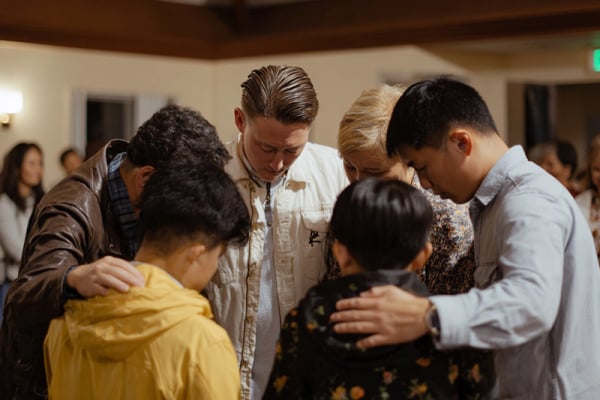
Commissioned as Part of the Body: The Importance of a Sending Church
You can only be sent from a body to which you belong. And belonging is central to what it means to be sent to the field by a local church.
Though sending fellowships come in all shapes and sizes, this idea is the common thread that makes the role of sending so unique and valuable. As you are commissioned, you go as part of a church family—a family that God calls to encourage you, hold you accountable and support you using the gifts of its members. The congregation takes ownership of your ministry because it’s part of their ministry.
Far More Than Money: Ongoing Ownership, Support and Accountability
Being sent by a local church isn’t just about receiving the necessary resources to go overseas. When you’re commissioned, you serve as an extension of a local body of Christ in a least-reached community. You’re not only an ambassador of Christ but a representative from your congregation.
Likewise, sending is far more than a financial responsibility. It involves a relationship of accountability and support. It’s also an ongoing sacrifice as the church willingly and joyfully releases a member who has served well within its local body to be a blessing to a community across the globe. And, as a local fellowship continually invests in the ministry of a worker it sends, it is involved in bringing the gospel to the least-reached.
Since the days of the early church, God has been using this relationship, which enables every member of a congregation to participate in the Great Commission and surrounds those who go with support, for His glory among the nations. We see an example of this in Acts 13:1-3, when the church at Antioch sent Barnabas and Saul (later called Paul)—two believers who were among the prophets and teachers serving within this local fellowship. The Holy Spirit prompted the members of this body to "Set apart for me Barnabas and Saul for the work to which I have called them.” (Acts 13:2b) In obedience, the church released these two men to take the gospel to places where it hadn’t yet been preached.
As this story continues, it demonstrates that being sent by a church isn’t once and done. It’s an ongoing relationship that begins before you’re sent and continues as you serve on the field. In Acts 14:26-27 for example, Paul and Barnabas return to Antioch to share with the church how the Lord had worked through them:
"And from there they sailed to Antioch, where they had been commended to the grace of God for the work that they had fulfilled. And when they arrived and gathered the church together, they declared all that God had done with them, and how he had opened a door of faith to the Gentiles."
Building the Relationship
Finding a sending church starts with getting involved in a local fellowship through building connections with people and seeking opportunities to serve, as well as inviting church leadership and other mature believers within the congregation to speak into your spiritual development and suggest areas for growth. Like all relationships, forming a relationship with a sending church takes time. It’s an investment for both the worker and the church. But the mutual benefits are worth the investment as both are able to be more fully and effectively involved in taking the gospel to people who still lack access to the good news of Christ.
Every Christar worker is required to have a sending church because we believe that, following the biblical example, local churches are the entities that send. Whether you’re already part of a body of believers that wants to send you to the field or are searching for a congregation in which to belong, we’d love to come alongside you on your journey. Just email [email protected] to start the conversation.
Scripture quotations are from The ESV® Bible (The Holy Bible, English Standard Version®), © 2001 by Crossway, a publishing ministry of Good News Publishers. Used by permission. All rights reserved.









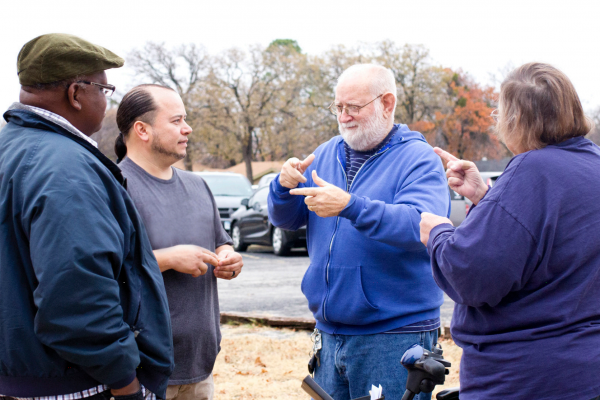




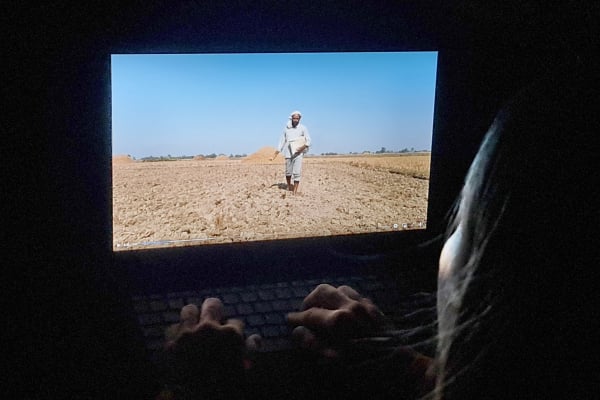



























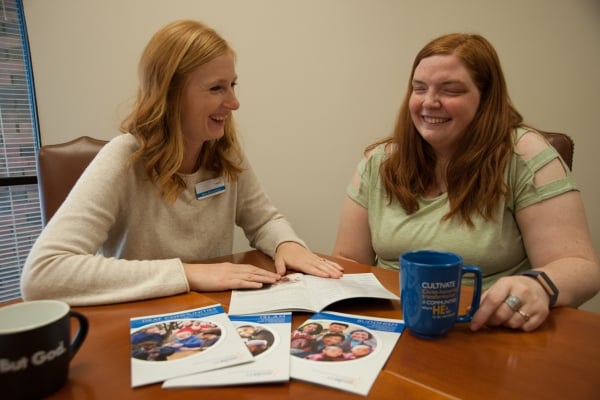



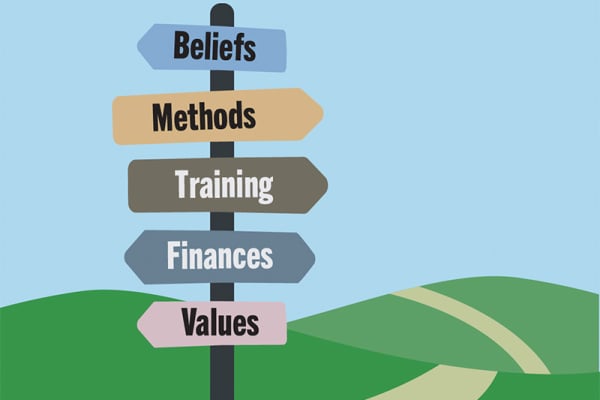









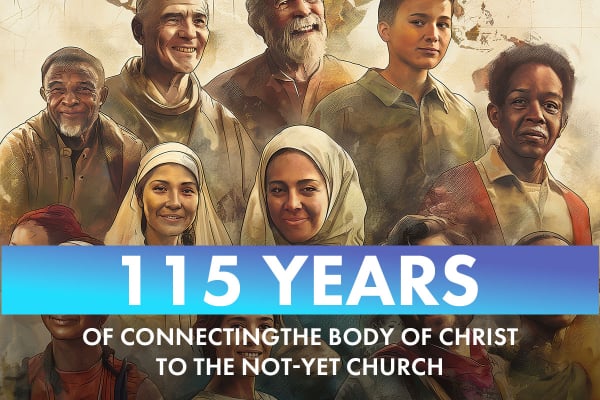
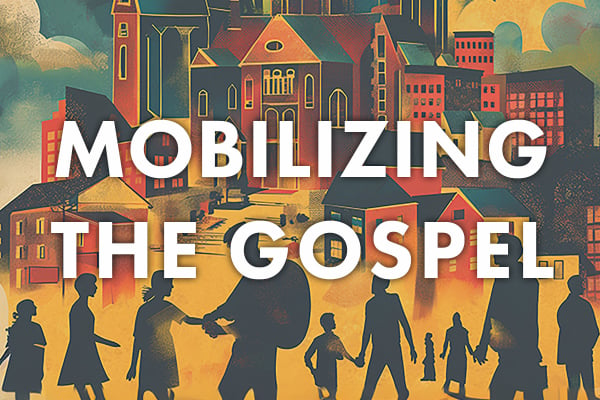

_1654032461_600x400.jpg)


